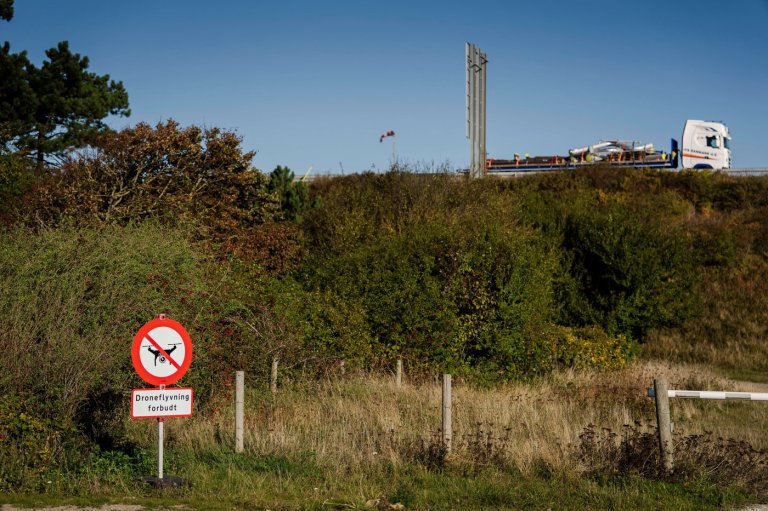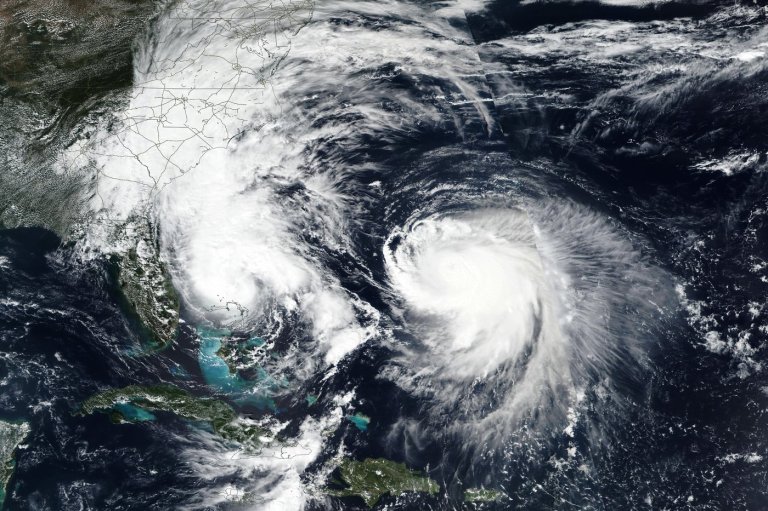Argentina zoo rejects moving its last polar bear to Canada despite animal activists’ concerns
MENDOZA, Argentina – Argentina’s last captive polar bear will remain in the country despite a petition by more than a half million people asking that it be moved to Canada.
The director of the Mendoza Zoo in western Argentina told The Associated Press on Tuesday that the 28-year-old bear is too old to safely be relocated.
Animal rights advocates say the bear, named Arturo, paces nervously in his concrete enclosure and they suggest the animal suffers from depression. They have campaigned to move the bear to a zoo in Winnipeg, Manitoba, which has welcomed the idea.
Even former U.S. House Speaker Newt Gingrich has rallied to the cause.
“If you love animals the way I do, please sign the petition to help the Argentinian polar bear, Arturo,” Gingrich recently wrote on his Facebook page, where he posted a video clip in support of the move. “His current living situation is very sad, and he deserves to be saved.”
The petition on Change.org asking Argentine President Cristina Fernandez to allow Arturo to be relocated had been signed by more than 500,000 supporters as of Tuesday.
But zoo director Gustavo Pronotto said Arturo suffers only the typical ailments of old age, which would make relocation too risky because he would have to be sedated to travel. A panel of Argentine veterinarians concluded in February that Arturo should stay in Mendoza.
“Arturo is close to his caretakers” Pronotto said. “We just want everyone to stop bothering the bear.”
Greenpeace and other environmentalist groups argue it’s riskier to keep the bear in Mendoza, where temperatures can reach up to 86 Fahrenheit (30 Celsius) in the summer. The last polar bear at the Buenos Aires zoo died in December 2012 amid a heat wave.
?Arturo’s partner, a polar bear named Pelusa (Fuzz), died of cancer in 2012.
Wild polar bears live an average of 15 years to 18 years, and those in captivity often live into the 30s, according to the non-profit Polar Bears International, based in Montana.
Mariana Caram of OIKOS-Red Ambiental said her Mendoza-based environmental group is working on a report to challenge the veterinarian panel’s decision to keep Arturo in Argentina.
“I saw the bear last Thursday. He came out and he swam just a bit. He’s walking very slowly,” she said. “They’ve expanded his pool but they still have yet to give him the room he needs to walk.”
___
Associated Press writer Pablo Astie reported this story in Mendoza and Almudena Calatrava reported from Buenos Aires.
Join the Conversation!
Want to share your thoughts, add context, or connect with others in your community?
You must be logged in to post a comment.
















